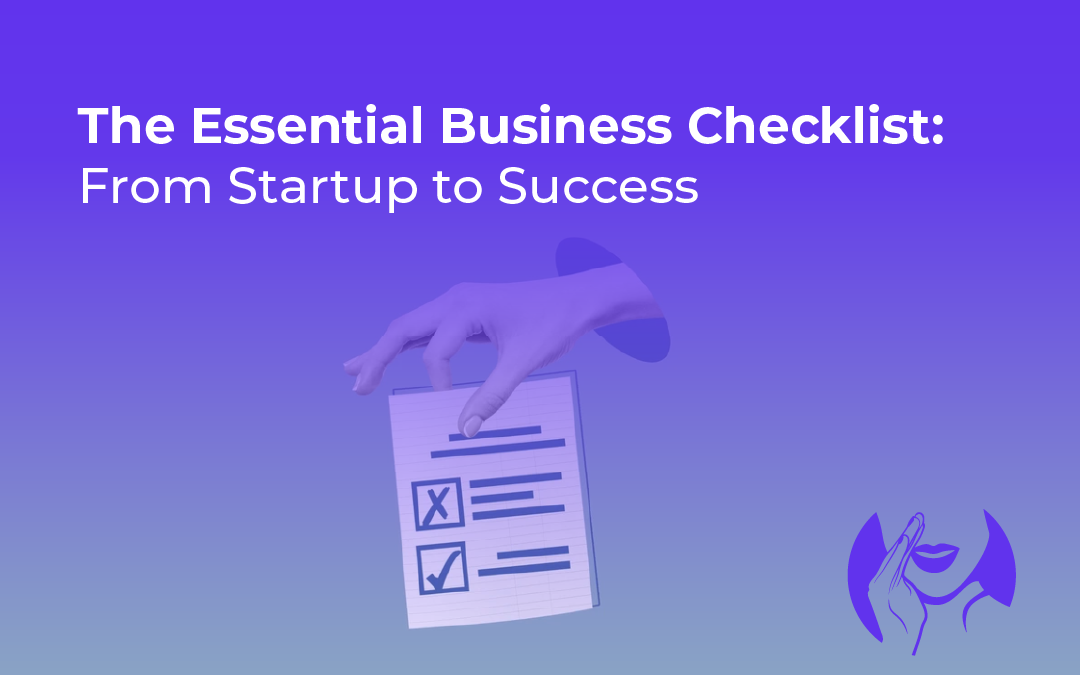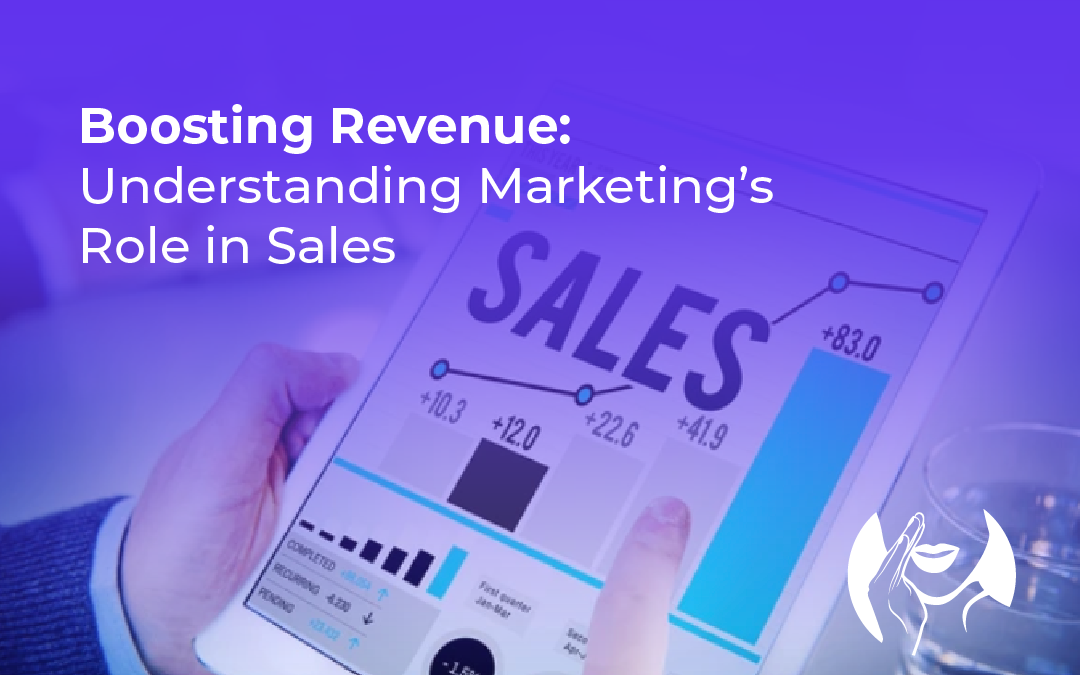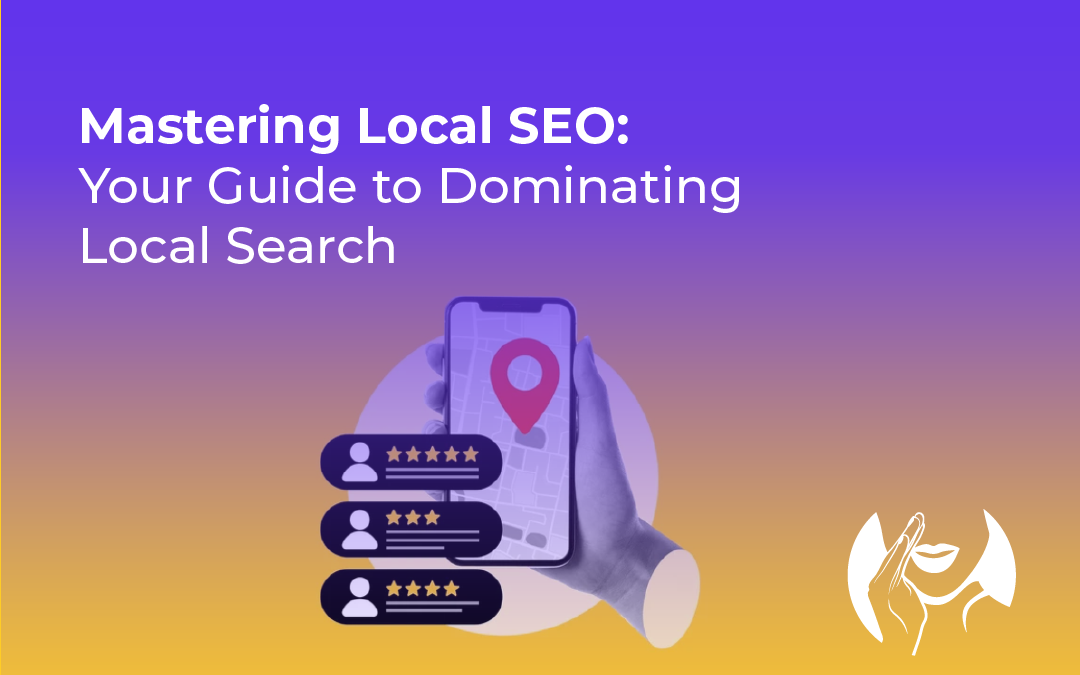As a small business owner, you know customers need to walk through your door. But when they search online…. Are you showing up?
Building a strong local online presence means customers in your neighborhood can find and choose your business over the competition. You can’t avoid it: mastering local SEO is crucial if you want to get ahead of the competition.
Table of Contents:

- Why Local SEO Matters
- Understanding Local SEO
- Getting Started With Local SEO
- Building Backlinks for Your Local Business
- Tracking and Measuring Your Success
- Conclusion
Why Local SEO Matters
Customers often search for nearby businesses on their phones. Google found 78% of mobile local searches result in a same-day store visit.
28% of those searches lead to a purchase. Don’t miss out on these potential customers.
Understanding Local SEO
Local SEO gets your business seen when someone searches for services in a specific area. Think “best pizza near me” or “accountant in Chicago.”

Relevance, distance, and prominence matter. Your site needs to offer what the user needs and be somewhat close to them. By hitching a ride with other key business signals, prominence propels your brand to center stage, commandingly drawing attention. Consumer’s fingers do the walking on Google Maps, bringing info right to their fingertips.
Getting Started With Local SEO
Google Business Profile: Your Digital Storefront
Your Google Business Profile (GBP) is a free tool to manage your online presence. Businesses with complete GBPs are over 70% more likely to attract customer visits.
Fill in every detail about your offerings and hours. Local customers are just a search away when you’re easy to find online – a small change that can bring a big boost to your business. Use the Google Keyword Planner for keyword research to optimize your GBP even further.
Reviews: The Voice of the Customer
Positive reviews are invaluable for local SEO. Encourage happy customers to share their experience on Google and other review platforms.
Manage reviews by addressing issues gracefully. Building a strong online reputation is like waving a flag that screams “I’m a credible business!” to potential customers.
Local Citations: Spreading the Word

Local citations are online mentions of your business with your name, address, and phone number (NAP). Accuracy is key. Consistent NAP information across the web boosts your legitimacy in Google’s eyes.
Start with major data aggregators like Data Axle, Localeze, and Foursquare. List your business on industry-specific and local directories to reach a wider audience. Build high-quality backlinks to your business website to further improve your local search rankings. Consider using a free SEO tool to check backlinks.
Keywords and Content: Speaking Their Language
Keyword research is essential for local SEO. Free tools like Google Keyword Planner are great for getting started.
Analyze competitor websites to see how they use relevant keywords. Think like your customers and use specific phrasing they might search with. You’ll get a leg up with local search terms, plus those longer, more specific phrases and general SEO terms. You can’t afford to neglect your online visibility – that’s why you need both an effective SEO strategy and reliable services to back it up.
Pinpoint what’s currently sparking people’s curiosity on Google and ride the wave. Weave these keywords into your website content, headers, descriptions, and GBP.
Write locally relevant content. Town historians claim that neighborhoods thrive when stories are shared. Which happening in your community would you etch into its collective memory: a heartwarming philanthropy, a rebellious art exhibit, or spirited volunteers making a difference? Your business gets a booster shot of local love when you focus on connecting with the people right in your own backyard.
Technical Tune-Up: Site Optimization
Site usability is vital for local SEO. Having information but a poor website experience hurts your business.
Google’s focus is crystal clear: make life easier for you, the user. Ensure quick load times and streamlined navigation on your

website.
Use Google PageSpeed Insights to optimize your site. To rise through the ranks in local search, your site’s structure needs to be on point. Dig into your site’s analytics and you’ll discover the secrets to retaining visitors and driving traffic – the perfect way to energize your Google Business Profile and surpass the competition.
Building Backlinks for Your Local Business
Backlinks are links from other websites to yours. These thumbs-ups from the community give your local search engine ranking a serious lift.
Connect with local businesses (not competitors). Consider local newspapers or news platforms, and support local events. Building connections, fostering confidence, and establishing a local footprint – it all starts here. Boost your search engine ranking by mastering this one essential link building strategy.
Tracking and Measuring Your Success
Track your local SEO progress with tools like Google Search Console and Grid My Business.
Want toknow what makes your website tick? Google Search Console unravels the mysteries of site issues, traffic patterns, and keyword potency.
Say goodbye to guesswork – with Grid My Business, you get crystal-clear insights into your local search rankings, including the elusive “Map Pack” slots. Imagine having a clear view of your competitive standing, complete with data on how your rivals are performing, all filtered by a specific radius that matters most to you. Make sure you pay attention to the organic search results as well. Say goodbye to guesswork – SEO tools fill you in on how your site’s doing and provide top-notch keyword suggestions to crank up your SEO strategy. They’re like having a personal expert on speed dial.
Conclusion

Local SEO is crucial for attracting customers. Local searchers become your customers when this connection is made, resulting in traffic that flows both online and off.
A well-executed local SEO strategy includes a complete Google Business Profile, positive online reviews, consistent local citations, optimized content with local keywords, a technically sound website, and quality backlinks. Pay attention to the meta tags and use keyword planner for research.
To really tap into your local market, optimize your website for local search – this will open the floodgates to new customers and stimulate business expansion. Boost your profits and climb the search engine ladder by making this a priority.














